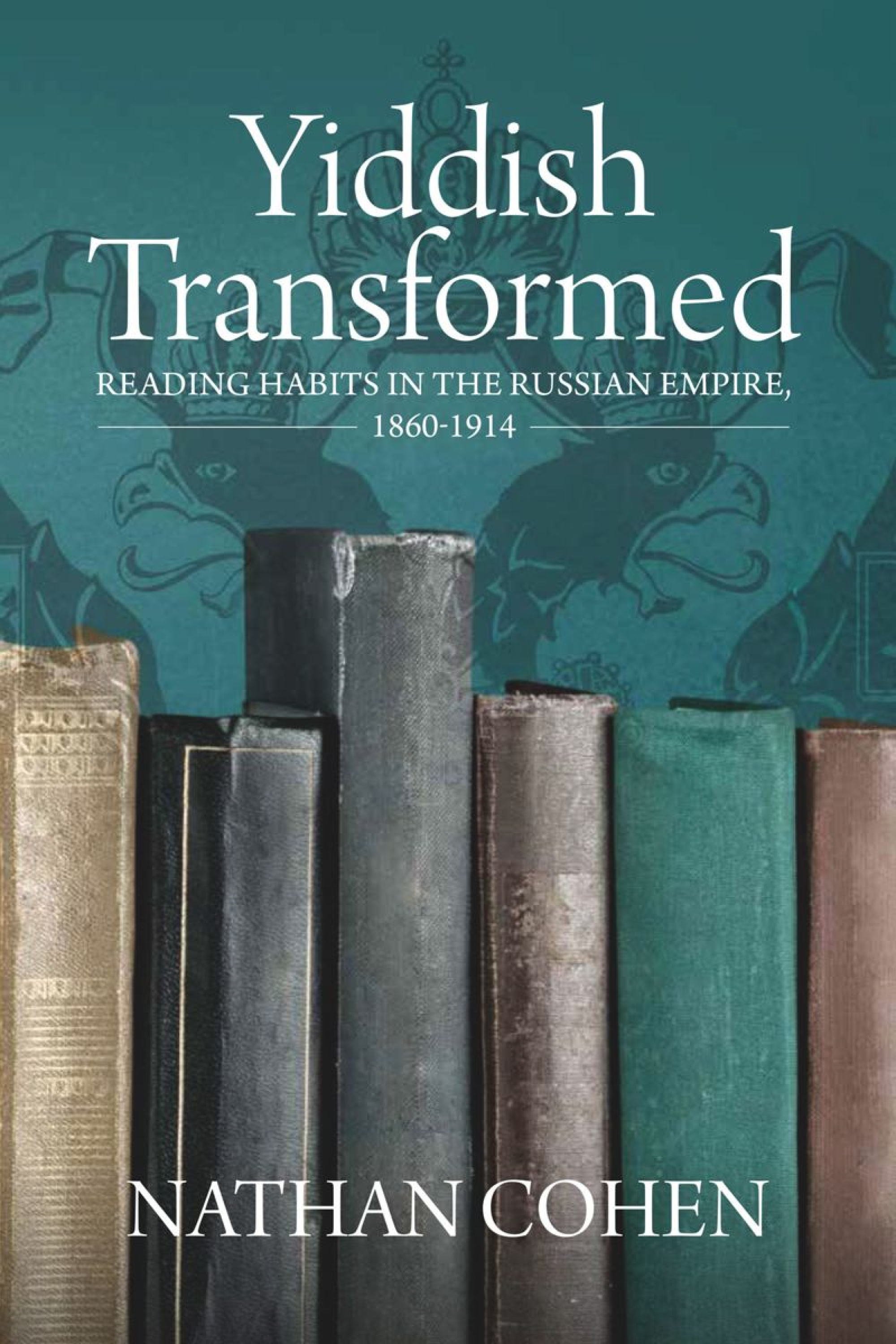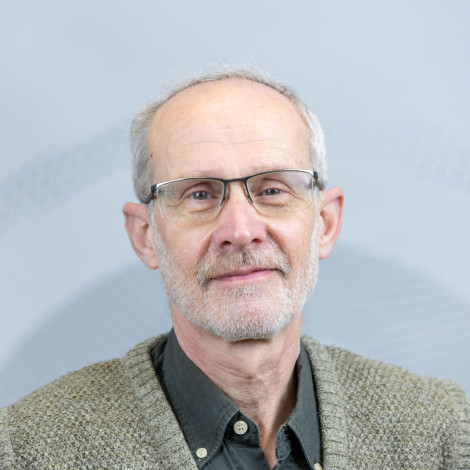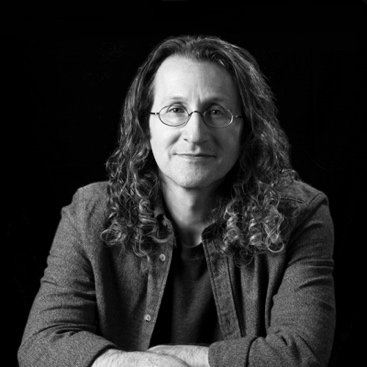Jewish Reading Habits in the Russian Empire

|
Book Talk
Admission: Free |
As significant economic, social, political, and cultural transformations swept the Jewish population of Tsarist Russia and Congress Poland between 1860 and 1914, the Yiddish language began to gain recognition as a central part of the Jewish cultural stage. Yiddish Transformed: Reading Habits in the Russian Empire, 1860-1914 examines the secular reading habits of East European Jews as the Jewish community began shifting to a modern society. Author Nathan Cohen explores Jewish reading practices alongside the rise of Yiddish by delving into publishing policies of Yiddish books and newspapers, popular literary genres of the time, the development of Jewish public libraries, as well as personal reflections of reading experiences.
Join YIVO for a discussion with Cohen about this book, led by YIVO’s Senior Academic Advisor and Director of Exhibitions Eddy Portnoy.
This program is supported, in part, by public funds from the New York City Department of Cultural Affairs, in partnership with the City Council.

About the Speakers

Nathan Cohen is Associate Professor and director of the Center for Yiddish Studies at Bar Ilan University, Israel, and associated editor of Yad Vashem Studies. His research focuses on East European Jewish cultural history in the 19th and 20th centuries, Yiddish book history and history of reading, and modern Yiddish literature. He is the author of Books, Writers and Newspapers: The Jewish Cultural Center in Warsaw, 1918-1942 (Magnes Press, 2003), which was published in Hebrew and translated into Polish.

Eddy Portnoy is a specialist on Jewish popular culture. He currently serves as Academic Advisor for the Max Weinreich Center and Exhibition Curator at the YIVO Institute for Jewish Research. The exhibitions he has created for YIVO have won plaudits from The New York Times, VICE, The Forward, and others. He is the author of Bad Rabbi and Other Strange but True Stories from the Yiddish Press (Stanford University Press, 2017).




